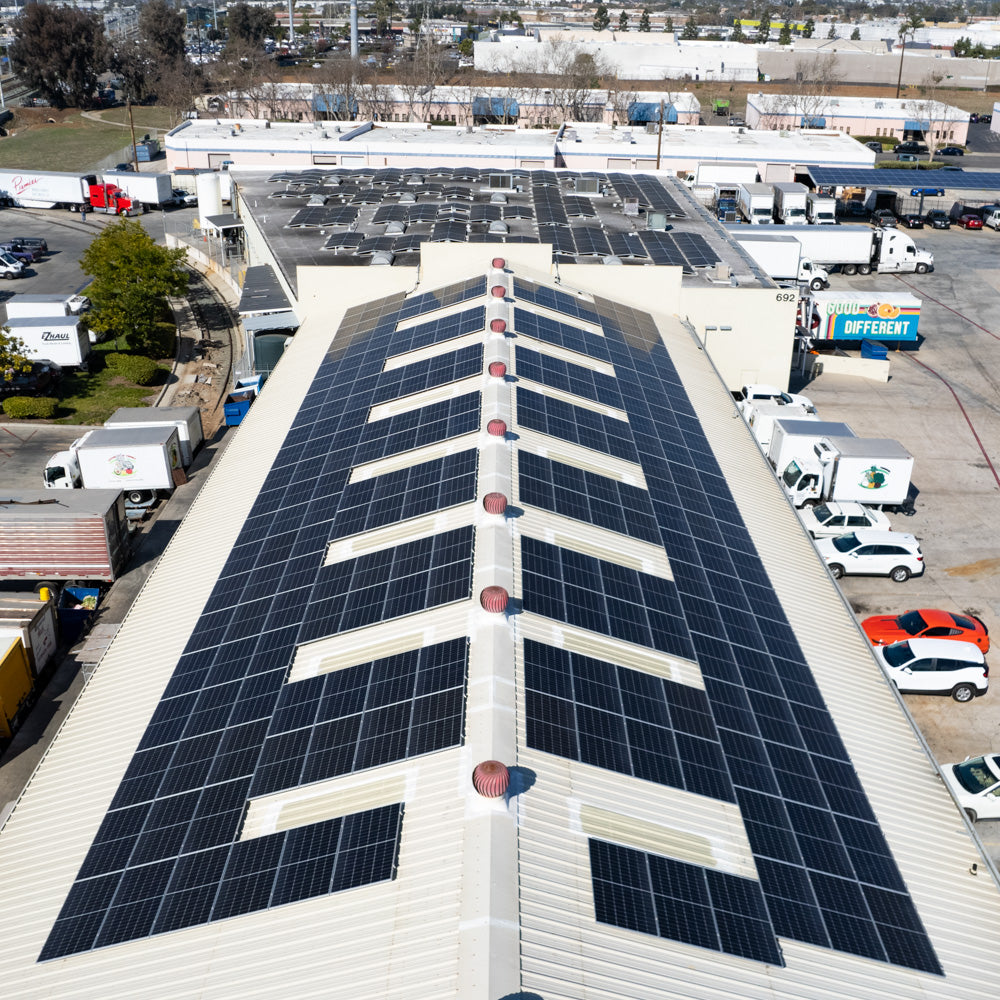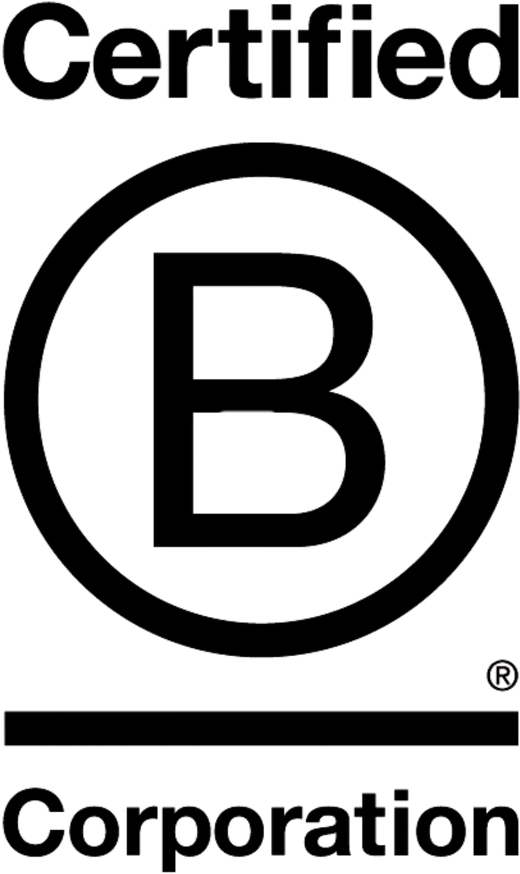

How B Corp Certifications are Shaping the Future of Sustainable Business
March is B Corp Month, a time to celebrate businesses that are putting people and the planet before profits. But what does it really mean to be a B Corp? And why should you care when you’re making your next purchase? Let’s break it down.
What Is a B Corp?
B Corp certification isn’t just a fancy stamp—it means a company meets high standards for social and environmental impact. Think of it like an organic label, but for how a business operates. B Corps are legally required to consider their impact on people and the planet, not just profits.
Why It Matters More Than Ever
Shoppers are becoming more conscious about where they spend their money, and the numbers prove it. So, what does that little “B” you see on packaging really mean?
- They treat their team like humans, not headcount. From fair wages to supportive workplace policies, B Corps are committed to the well-being of their employees.
- They protect the planet in how they make and deliver products. Whether it’s reducing waste, sourcing responsibly, or using renewable energy, sustainability isn’t an afterthought—it’s part of the business model.
- They give back to their communities. B Corps consider their impact locally and globally, supporting causes and partnerships that go beyond the bottom line.
The Future of Shopping Is Conscious
Sustainability isn’t a trend. So next time you're shopping, remember that little “B” could make all the difference. Your purchase isn't just about what you're buying—it’s about who you're supporting.
Are you someone who likes to nerd out on stats? Us too. Here are a few more interesting insights about how B-Corp is on track to transform sustainable business:
-
82% of shoppers say they want a brand’s values to align with their own (IBM, 2023).
-
64% of global consumers will pay more for sustainable products (Nielsen, 2023).
-
More than half of Gen Z and Millennials prefer brands that prioritize sustainability and ethics (First Insight, 2022).
Want to support brands that do better? Start with what’s in your fridge.


